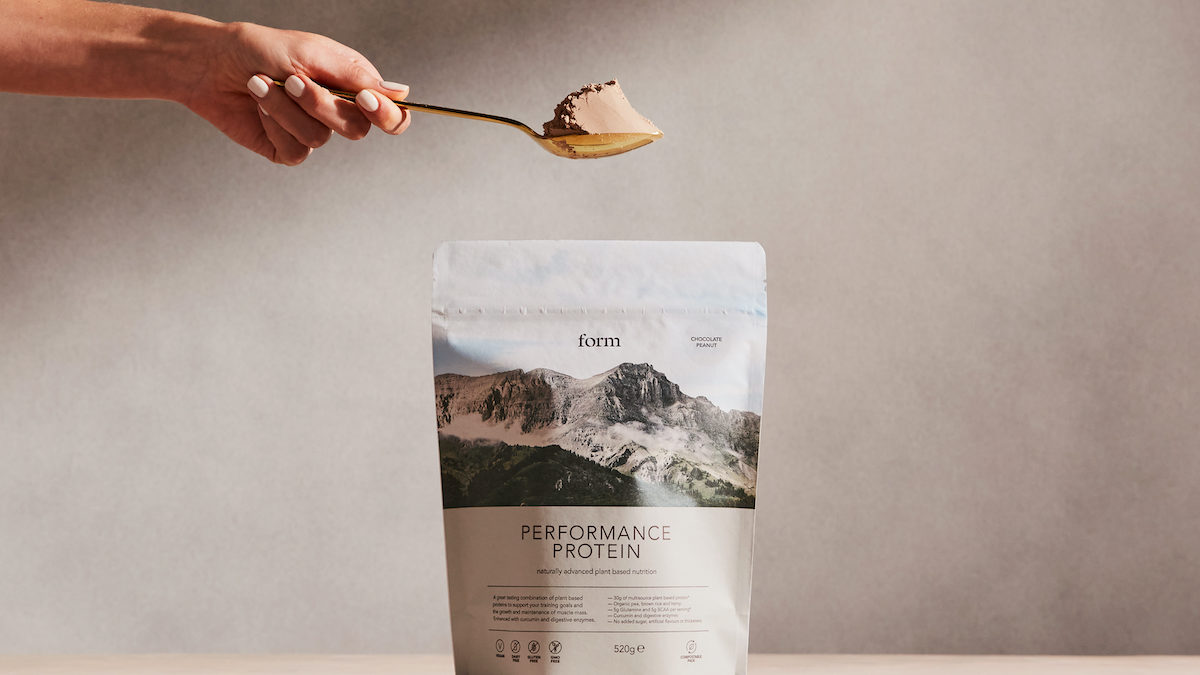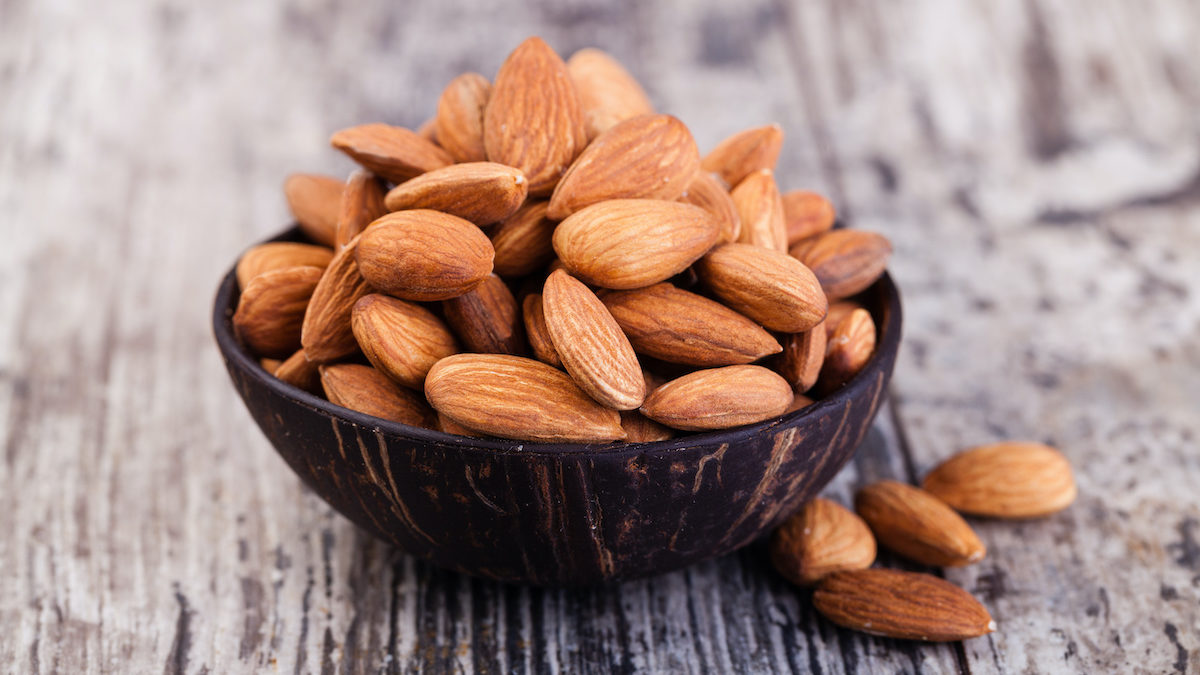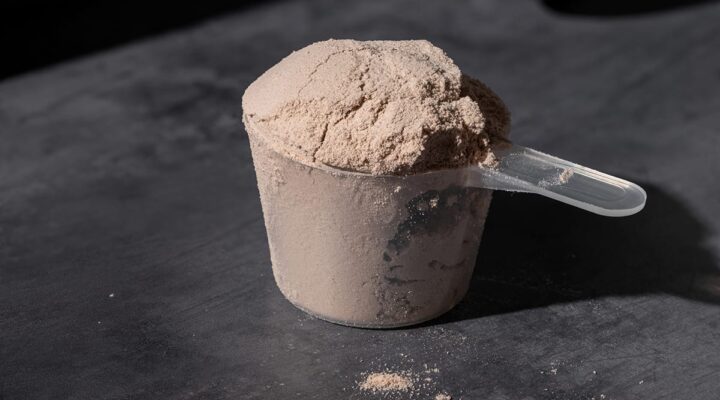A Little More Mastication Please: 4 Reasons Why You Should Chew Your Food Properly

Our mum’s might have been on to something all those times they ordered us to chew our food properly. Well, that’s according to a recent study published in the journal Scientific Reports, which linked slow eating i.e. the process of chewing your food slowly and thoroughly, with a rise in diet-induced thermogenesis — the increase in energy expenditure above your basal metabolic rate — based on the duration of tasting liquid food in the mouth and the amount of time spent chewing. Put very simply, chewing burns calories.
Now chewing your food has long been proposed as an effective strategy for controlling appetite, with slowing down your chewing having the benefit of giving your stomach enough time to signal to the brain that it’s full, and thus prevent you from overeating. But there are also many other reasons to chew, some of which we’ve rounded up below.
Remember, aim for around 30 chews with each bite, don’t overload your fork or spoon, and keep your lips shut — it’s polite, and it will prevent you from swallowing excess air which is regularly linked to our first reason to masticate.
Prevent Bloating
Being a brand with a tasty range of vegan protein powders, we certainly know all about the dreaded protein bloat — it’s why we include added digestive enzymes with our blends to help aid digestion. One of the main reasons people get this bloat in the first place — besides all that lactose playing havoc with your gut if you’ve not made the vegan protein switch — is that gulping down a shake limits the important chewing action.
You see, by chewing what you’re essentially doing is sending a signal to the rest of your body that food is coming in rather than water. This activates the first stage of digestion by kickstarting the production of digestive enzymes while also preparing the gut by releasing gastric secretions and enzymes that help to break down what’s coming in.
Simply chewing then — whether drinking a shake or eating whole foods — will release the saliva enzymes needed to aid digestion.

Absorb More Nutrients
It stands to reason that better digestion inevitably leads to better nutrient absorption, with those ever-helpful digestive enzymes needed to break down fats, proteins, and carbohydrates.
A 2007 study on protein metabolism in elderly patients found that protein utilization was impaired by a decrease in the chewing efficiency of the subject, while a study on the mastication of almonds found that between 25 and 40 chews increased dietary fat absorption — an important benefit in chewing seen as the macro plays a key role in providing energy, supporting cell growth, and keeping your cholesterol and blood pressure under control.
Chewing also helps the absorption of vitamins and minerals, with a 2010 study finding that the absorption of beta-carotene — an antioxidant that converts to vitamin A — from carrots was markedly improved after mastication. So, it’s less about what you eat, and more about what you absorb, and that all comes down to a damn good chew.

Brighten That Smile
So far we’ve focused on the role of chewing when it comes to digestion, but the saliva that is created when we chew is also a boost for the health of our teeth. Saliva contains calcium, phosphorus, and fluoride, all of which protect the enamel surfaces of your teeth and help to keep those pearly whites strong.
Increased saliva flow from chewing also helps to neutralize acids in the mouth, clears up any unwanted food debris that can lead to tooth decay, and enhances the re-mineralization of the tooth enamel. Which is all to say if you want to stay clear of the dentist besides that yearly check-up, it pays to chew your food properly.


















